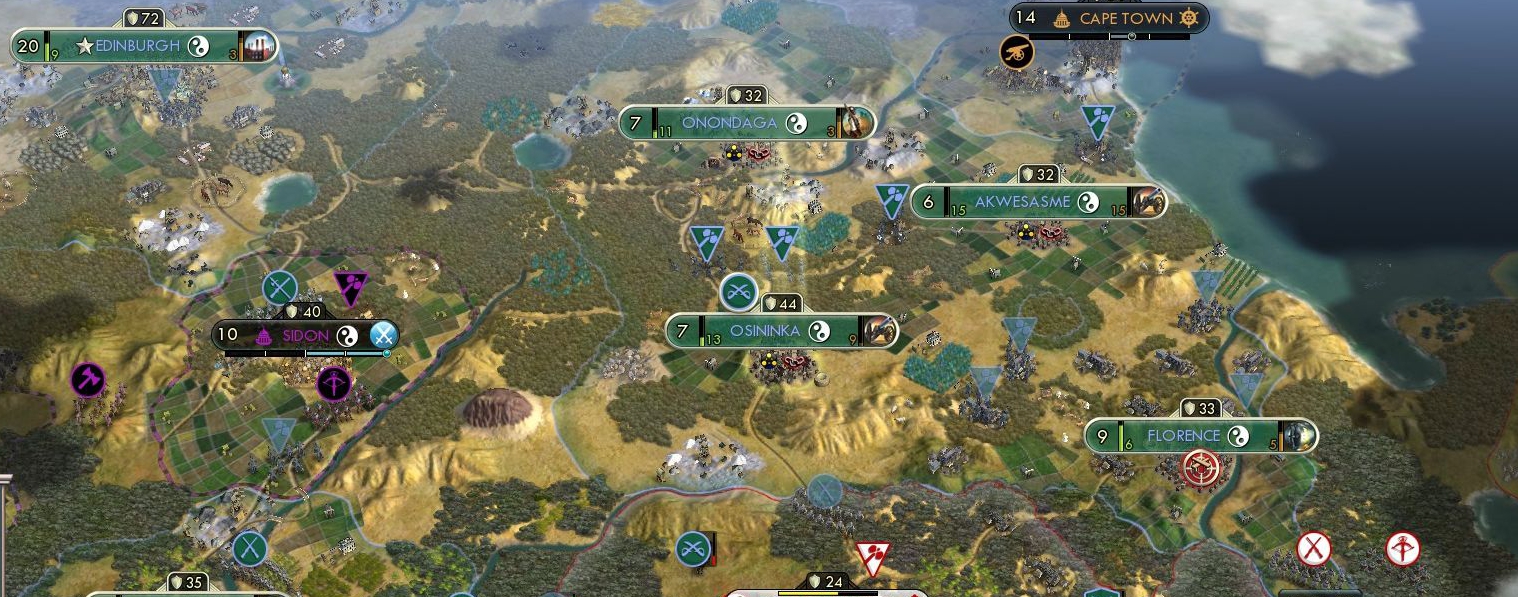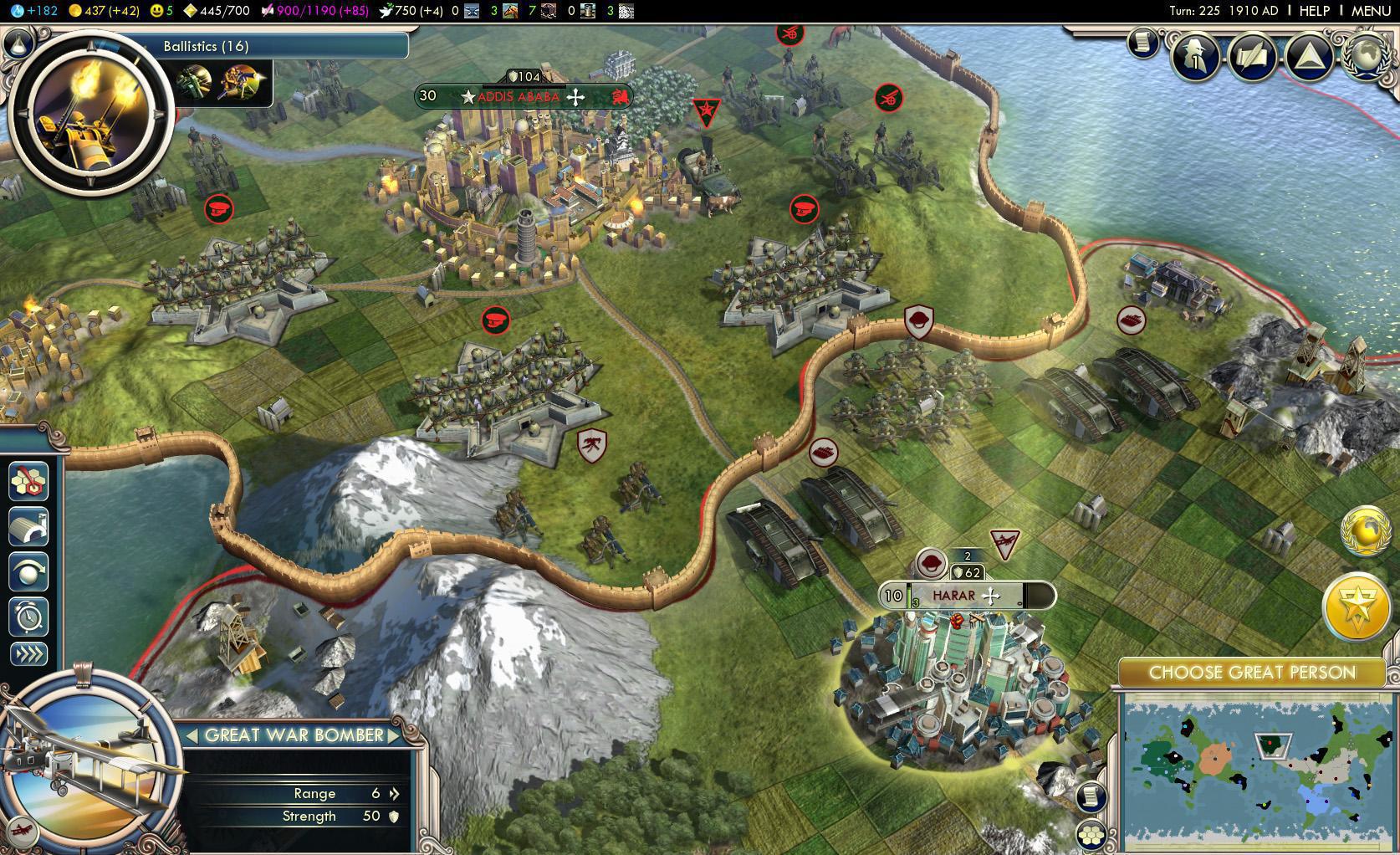
On maps with large mountain ranges, this ability alone could turn the tide of a nasty battle, as it historically did for the Carthaginian armies.īut Gods & Kings doesn’t turn Civilization V into a simulation game.

Carthage also receives the ability to cross over mountains. During the brief time I played as Carthage, my elephants were never defeated (although they were quickly rendered obsolete by more modern units). The Carthaginians, for example, get the unique War Elephant unit, which is about as awesome to play as it should be.

Each carries a unique attribute and at least one unique unit, adding further variety to a game that wasn’t exactly lacking in it. There are also three new or altered game mechanics. This is the heart of what one would expect from an expansion, and Gods & Kings does not disappoint. Let’s start with the basics: There are nine new civilizations to play as or against, nine new wonders to construct, 27 new units to deploy (nine multiplied by three - creepy), and a variety of new resources (I didn’t count). It is an expansion in a sense more true than that phrase has even been applied. Playing Gods & Kings feels very much like playing Civilization V, yet it is in almost every way a dramatically different game. It’s just that that experience becomes something completely different in the process. Yet it does add new content - lots of it - and does extend the experience of playing.

It doesn’t simply add on extra content to an already existing game, merely extending the familiar experience of playing. The sum of Gods & Kings isn’t what one would typically expect of an expansion, yet it does contain all the parts. Gods & Kings is an expansion to Civilization V, but then again, it isn’t really. I’ve been playing Civilization V: Gods & Kings for weeks and still have no idea what to call it.


 0 kommentar(er)
0 kommentar(er)
